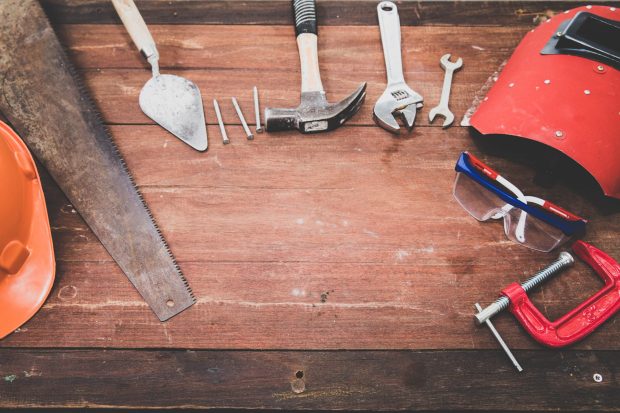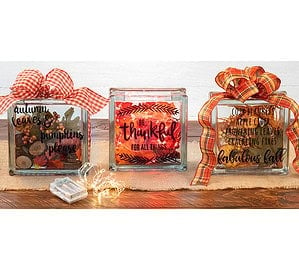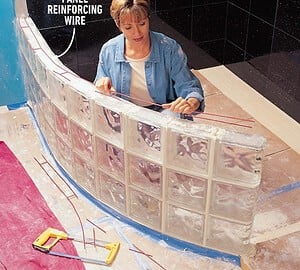Having a workshop in your home lets you take on all sorts of projects, from practical DIY to creative crafting sessions.
Of course for this space to work well, you need tools and accessories to deal with different jobs. Here are the main categories and options to consider as you get set up.

Power Tools: Get the Job Done Quickly and Easily
Power tools are essential for any home workshop setup. From drills to saws, these tools will make your job a lot easier and faster.
To start off, get an electric drill with different bits that can handle various tasks around the house such as drilling holes in wood or metal sheeting.
Investing in an impact driver is also a great way to easily drive screws into hard surfaces like concrete walls without having to use physical strength or risk damaging them from excessive force.
For cutting work, you should consider getting either a jigsaw or circular saw depending on what kind of materials you plan on working with most often – both options provide precise cuts for all types of projects around the house.
Hand Tools: The Basics of Every Workshop Setup
Hand tools let you complete manual tasks of all shapes and sizes, and will be appropriate for projects large and small alike.
Basics such as a hammer and a set of screwdrivers need to be in your toolbox, even if you don’t have a workshop. A set of pliers can also be very useful when working on projects involving small parts or delicate materials.
For more precision work, consider investing in sets of cutters like scissors or shears which will let you interact with all sorts of materials, from paper to sheet metal.
Other important tools include wrenches, chisels, files and hacksaws – all these items will make your home workshop setup effective.
Second-Hand Machinery: Finding Affordable Heavy Equipment
If you’re looking to save some money on your home workshop setup, then buying second-hand machinery is a great option. For example, the used grinding machines at Revelation Machinery make larger pieces of equipment more viable for a domestic setup.
Not only will this be more affordable than brand new equipment, but it can also come with many benefits such as increased durability and reliability due to the fact that they have already been used in other workshops before yours. Moreover, second-hand machines often come with warranties which provide peace of mind when purchasing them.
Safety Gear, Organization Systems & Accessories: Don’t Forget these Crucial Extras
Setting up a workshop at home isn’t just about getting the right tools – it’s also about taking safety measures and organizing your workspace.
Investing in protective gear such as gloves, goggles, dust masks and ear protection is necessary to avoid any accidents or injuries while working with power tools, hand tools and heavy machinery.
Additionally, having an efficient system for organizing all of your tools and materials will save you time when looking for specific pieces, since everything will be properly labeled and stored away neatly in its allotted space. Having proper shelving, storage racks or peg boards will stop the space becoming cluttered, which is also important from a safety perspective.
Finally, don’t forget to get accessories like clamps which are incredibly versatile and can help make tricky tasks much easier.
Final Thoughts
It’s wise to plan out your workshop on paper before you start filling it with tools and equipment. That way you can ensure there’s enough room to fit in everything you want, so that you don’t make an impulse purchase that doesn’t pay off.



